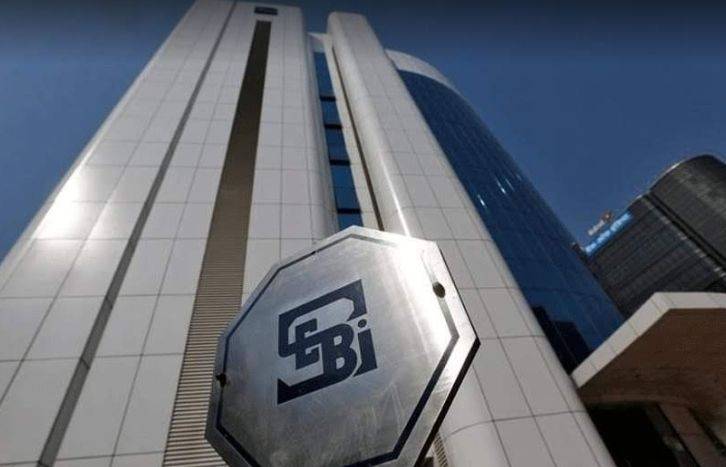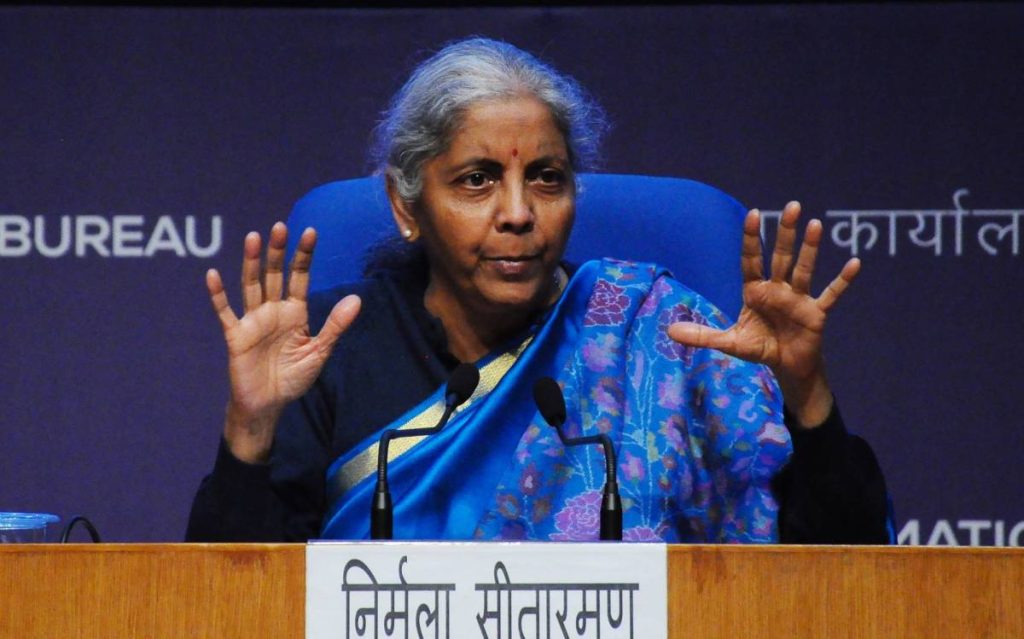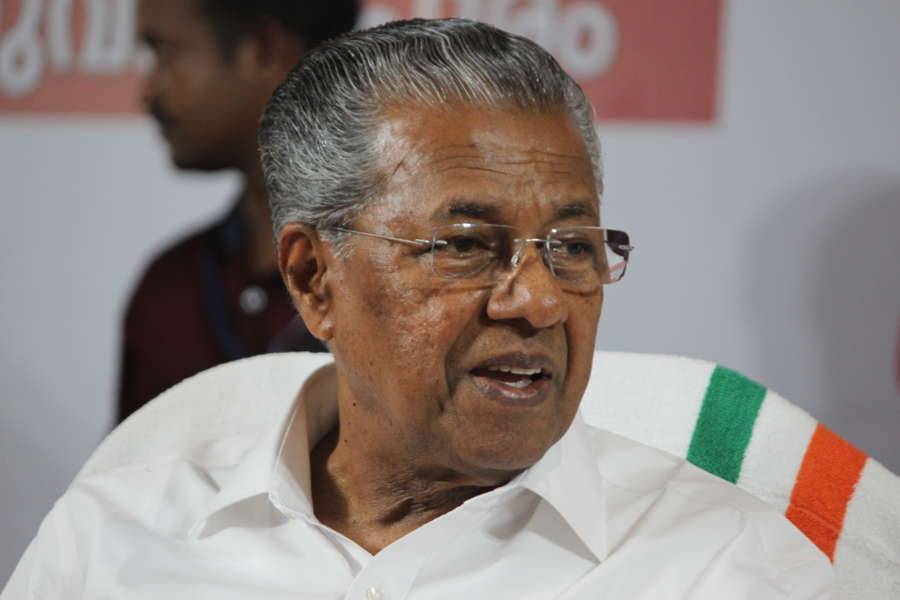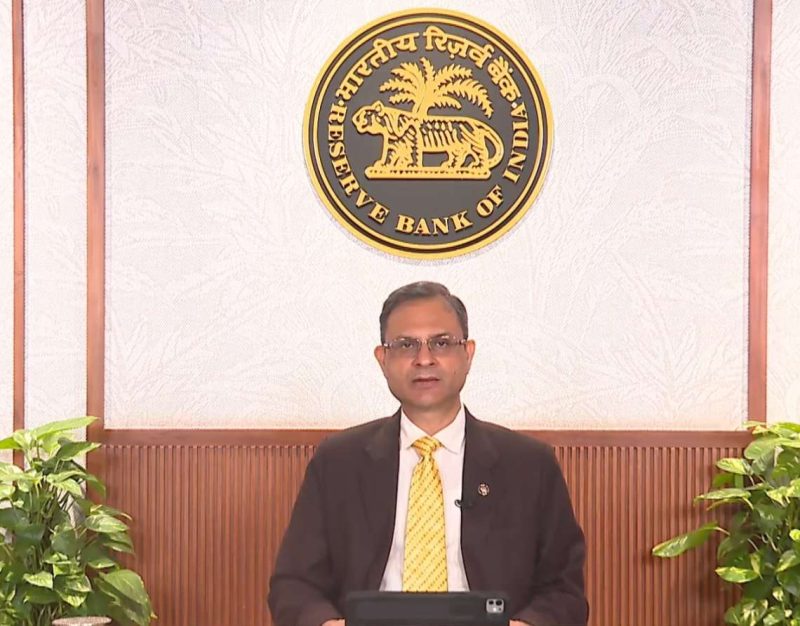‘Junk companies trade with 20% circuit, shady companies are put into F&O’ …. writes Sanjeev Sharma
Questions have been raised over stock exchanges and SEBI over how shady companies are allowed to trade at a 20 per cent freeze and in futures and options (F&O) category.
Sandip Sabharwal, investment advisor and equity analyst said in a tweet, “For the last 6 months PrajIndustries has been put into Trade to Trade and a 5% freeze High quality company and management with strong performances.”
Contrasting this, Sabharwal has raised questions on how junk companies trade with a 20 per cent freeze and shady companies are put in F&O.
“On the other hand, junk companies trade with a 20% freeze, not only that many shady Cos are put into F&O,” Sabharwal added.
The remarks by Sabharwal, former Head of Equity, SBI MF and CIO, JM Financial raise questions over the quality of some stocks being pushed in the elite categories of trading. This comes at a time when a record number of new investors have entered the stock markets for trading especially in the pandemic phase of the last two years. Some of the new investors are naturally more keen on the penny stocks counting on the premise that they come cheap.

According to Amir Ansari, penny stocks are stocks that trade at very low prices normally below 50 rupees. They have low market capitalisation and mostly are illiquid. Penny stocks are lesser-known to the larger investing public.
Investors remain away from them because the information regarding their fundamentals and businesses is either not reliable or not available.
Since penny stocks are illiquid, sometimes only a few orders can lead to hitting circuit limit on the exchange. These stocks mostly give higher returns when they are hitting upper circuits for a number of days. Generally, this period of hitting circuits is not accompanied with trading volumes, Ansari said.
Sometimes there is a strong fundamental story that moves the stock up. Other times it might just be a case of manipulation by stock operators. They artificially inflate the price and volumes to attract innocent retail investors. Once they have enough traders participating in the stocks they would offload their own holdings, Ansari said.

Penny stocks trade at such low rates for a reason because most of the traders buying penny stocks don’t even care about them and look to exit sooner or later once they have given decent returns. Penny stocks in India often don’t comply with exchange regulations. They are not even transparent in their reporting, Ansari said.
It is only when there is some news or some turnaround stories on penny stocks, that they move. The speculation leads to an increase in trading volumes and prices soar. But very few of them turn out to be true or genuinely strong on a fundamental basis. Any negative news causes the price to turn south, Ansari said.
Penny stocks trade at such low rates for a reason because most of the traders buying penny stocks don’t even care about them and look to exit sooner or later once they have given decent returns. Penny stocks in India often don’t comply with exchange regulations. They are not even transparent in their reporting.
It is only when there is some news or some turnaround stories on penny stocks, that they move. The speculation leads to an increase in trading volumes and prices soar. But very few of them turn out to be true or genuinely strong on a fundamental basis. Any negative news causes the price to turn south.
Other ways where traders can identify penny shares are based on their exchange categorisation. For instance, penny stocks in India, often trade in the Trade-to-Trade Segment (BSE T to T segment or NSE – BE Segment).
You can also identify penny stocks based on their BSE group which include XC, XD, XT, T, Z and ZP groups.














